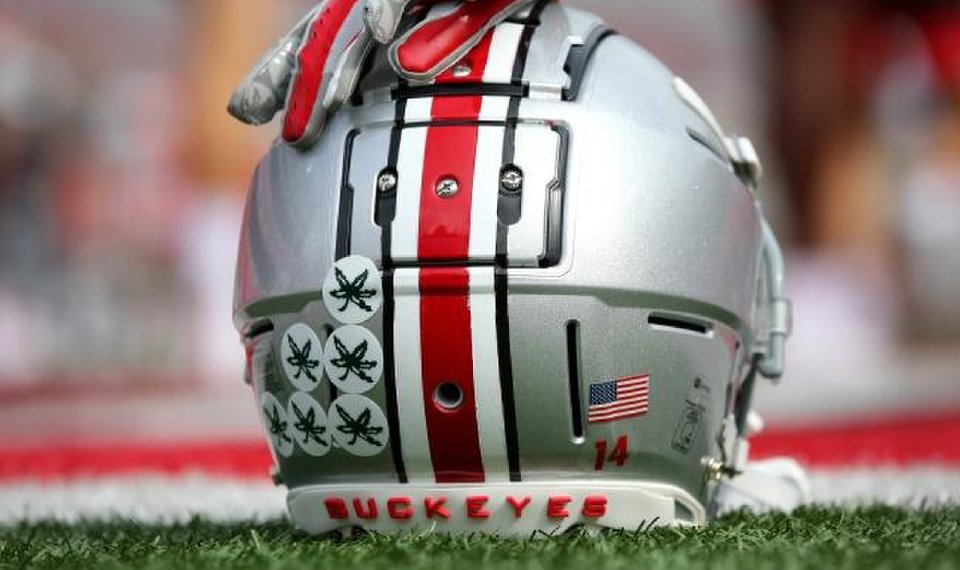College Athletes Gambling
- College Athletes Gambling
- College Athletes Gambling Advice
- College Athletes Gambling Training
- College Athletes Gambling Games
Despite all the big wins college students receive at times, sports gambling comes with big risks. According to Matheson’s data, six percent of college students have severe gambling disorder. Again, betting on the underdog gets you higher winnings because it involves higher risk. The Point Spread is a bet that’s popular not just with NCAA college football, but with all of sports betting. Essentially, point spreads are betting lines that give the underdog team an advantage. Approximately 6% of college students in the U.S have a serious gambling problem. The most frequently chosen gambling activity for college students is the lottery at 41%, followed by card games at 38%, and sports betting at 23%. Sports Betting on College Campuses About 67% of all college students bet on sports.

facts and statistics
NCAA athletes, coaches, and athletic staff members are prohibited from participating in ANY sports wagering activity, AND are prohibited from providing information to individuals involved in any gambling activity (such as telling a friend or classmate that a point guard or pitcher is injured and won’t be completely healthy in an upcoming game). NCAA Student-Athlete Gambling Bylaws. The NCAA is vehement about its prohibitions on sports wagering, both legal and illegal. Reasons for this include: The potential to undermine the integrity of sports contests; Jeopardy of the welfare of student-athletes and the intercollegiate athletics community.
College Athletes Gambling
Approximately 75 percent of college students gambled during the past year (whether legally or illegally).
facts and statistics
The most frequently chosen gambling activities by college students are lotteries, card games, small stakes gambling and sports betting.

facts and statistics
College Athletes Gambling Advice
Research has shown that teenagers and college-aged young adults are more impulsive and at higher risk for developing gambling disorders than adults.
facts and statistics
Approximately 1 percent of the adult population in the United States has a severe gambling problem.
facts and statistics
The most recent research estimates that 6 percent of college students in the U.S. have a serious gambling problem.
College Athletes Gambling Training
Sports Wagering
College Athletes Gambling Games
NCAA rules prohibit participation in sports wagering activities and from providing information to individuals involved in or associated with any type of sports wagering activities concerning intercollegiate, amateur or professional athletics competition. Sports wagering has the potential to undermine the integrity of sports contests and jeopardizes the well-being of student-athletes and the intercollegiate athletics community. It also demeans the competition and competitors alike by spreading a message that is contrary to the purpose and meaning of 'sport.' Sports competition should be appreciated for the inherent benefits related to participation of student-athletes, coaches and institutions in fair contests, not the amount of money wagered on the outcome of the competition.